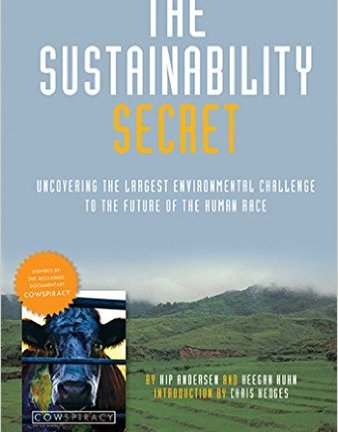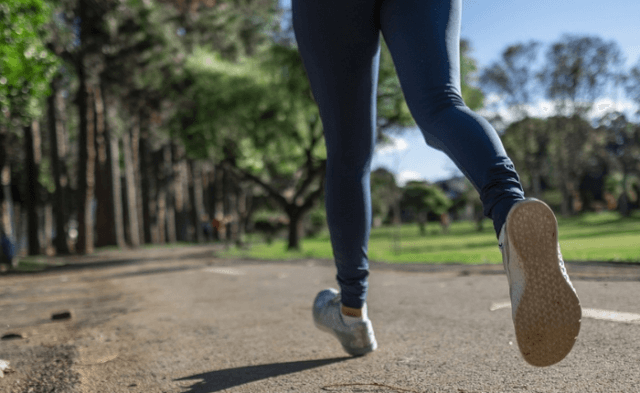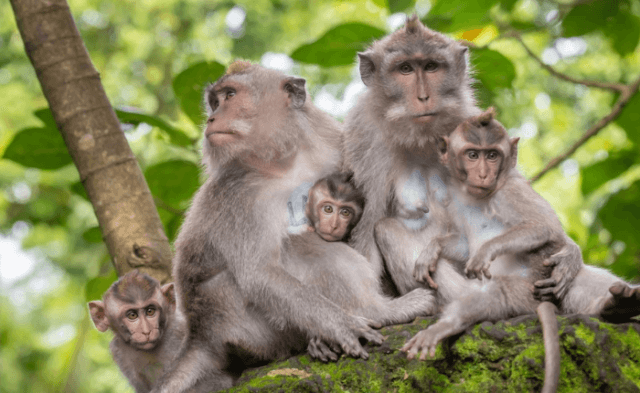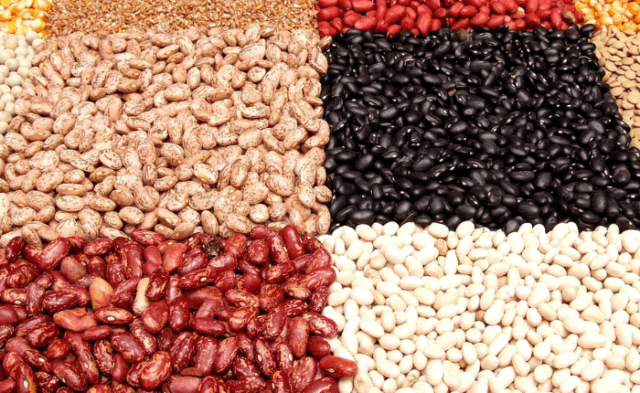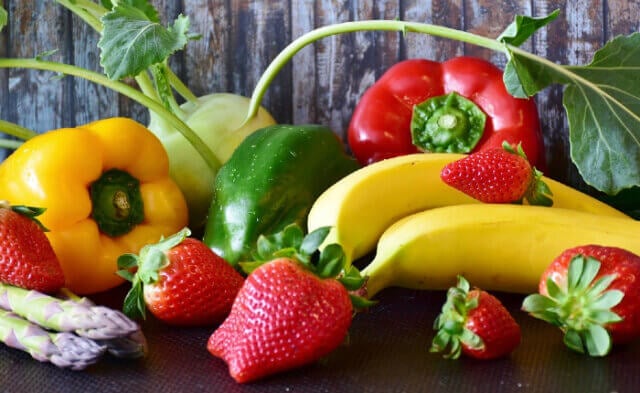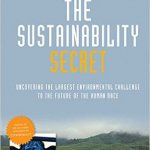 The Sustainability Secret: Rethinking Our Diet to Transform the World, by Kip Andersen and Keegan Kuhn, is the companion book to Cowspiracy, the groundbreaking documentary that investigates why leading environmental organizations don’t acknowledge that animal agriculture is the biggest contributor to climate change and environmental destruction.
The Sustainability Secret: Rethinking Our Diet to Transform the World, by Kip Andersen and Keegan Kuhn, is the companion book to Cowspiracy, the groundbreaking documentary that investigates why leading environmental organizations don’t acknowledge that animal agriculture is the biggest contributor to climate change and environmental destruction.
The book follows Kip and Keegan as they visit well-known environmental organizations, including Greenpeace, the National Resources Defense Council, Rainforest Action Network, and the Sierra Club, to ask them why they don’t expose animal agriculture for what it is: a leading destroyer of the Earth’s oceans, rainforests, and other ecosystems.
Talk about ignoring the cow in the room!
In the prologue, Kip explains that An Inconvenient Truth “scared the emojis” out of him—and the movie doesn’t even mention how raising animals for food contributes to climate change. It wasn’t until Kip did his own research that he learned the inconvenient truth about meat and other animal-based foods.
He visits dairy farms, family farms, and factory farms, including a dairy farm that boasts of its humane practices. Kip notes the incongruity between the farm’s pastoral promotional material and the actual conditions on the farm. If this dairy farm is the best of the best, Kip wonders, what must the rest of the farms in the country be like? The CEO of that same dairy farm admits to Kip that it would be both impractical and unsustainable to produce enough dairy foods for the entire world.
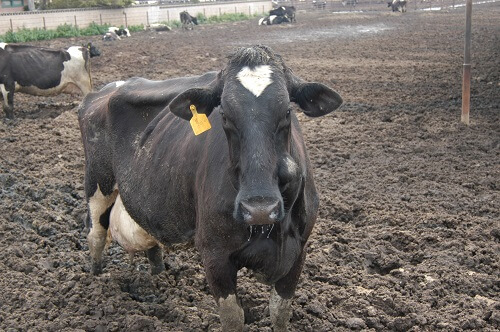
The Sustainability Secret lays bare the issues with animal agriculture. In the chapter on factory farming, the authors paint a stark picture of intense confinement and abuse, where debeaking chickens, castrating calves, and thumping pigs is the norm. We learn that cows are crammed by the thousands into filthy feedlots, where many become crippled or die before reaching the slaughterhouse. We learn about rendering plants and slaughterhouses as well.
The book is filled with jarring statistics and eye-opening interviews. Here are just a few of the facts that caught my attention:
- One quarter-pound hamburger requires more than 600 gallons of water to produce—the equivalent of two months’ worth of showers.
- Farmed animals produce more than enough waste each year to cover every square foot of San Francisco, New York City, Tokyo, Paris, New Delhi, Berlin, Hong Kong, London, Rio de Janeiro, Delaware, Bali, Costa Rica, and Denmark— All this waste ends up in our waterways, killing billions of marine animals.
- If all the cows in the U.S. were fed on grass and raised without growth hormones, they would be a lot leaner—and we would need an additional 50.2 million cows to produce the same amount of meat.
- One vegan saves more than 1,100 gallons of water, 30 square feet of forest, 45 pounds of grain, 20 pounds of carbon-dioxide equivalent, and one animal’s life—every day.
(For more stats, read 12 Reasons Why Cowspiracy Is the Next Blackfish.)
Near the end of the book, Kip talks about meeting Howard Lyman, a former cattle rancher turned vegan advocate. And yet, he doesn’t say that he intends to go vegetarian or vegan himself—even after meeting Howard. Up to that point, Kip was doing “research” and trying to remain impartial.
That changes on page 116, soon after Kip meets a small family farmer who kills two ducks right in front of him. He then realizes that he has been so focused on the environmental aspect of animal agriculture that he has ignored the obvious: The meat, dairy, and egg industries kill animals.
He proceeds to learn that animals are abused and killed not only for their flesh but also for their eggs and milk. (He even rescues a hen and takes her to Animal Place sanctuary.) Ultimately, Kip realizes that he should go vegan and contacts various vegan experts who teach him how easy—and healthy—it is to follow a compassionate and sustainable lifestyle.
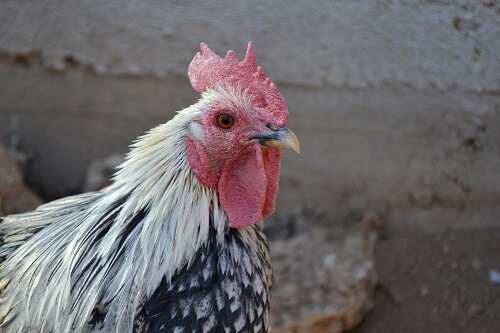
The bottom line: Kip begins his project as a meat-eating environmentalist, but 165 pages and loads of research later, he’s become a passionate vegan. By the time you finish The Sustainability Secret, you may be, too.

